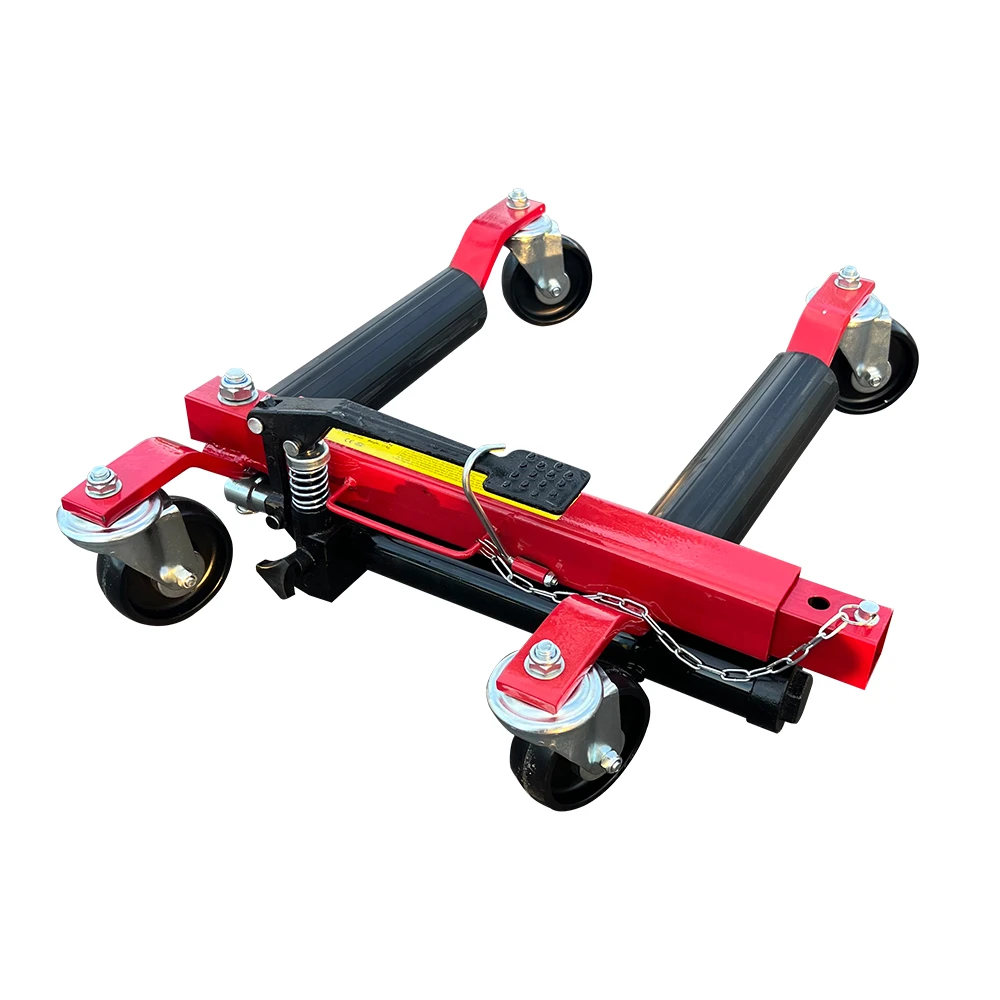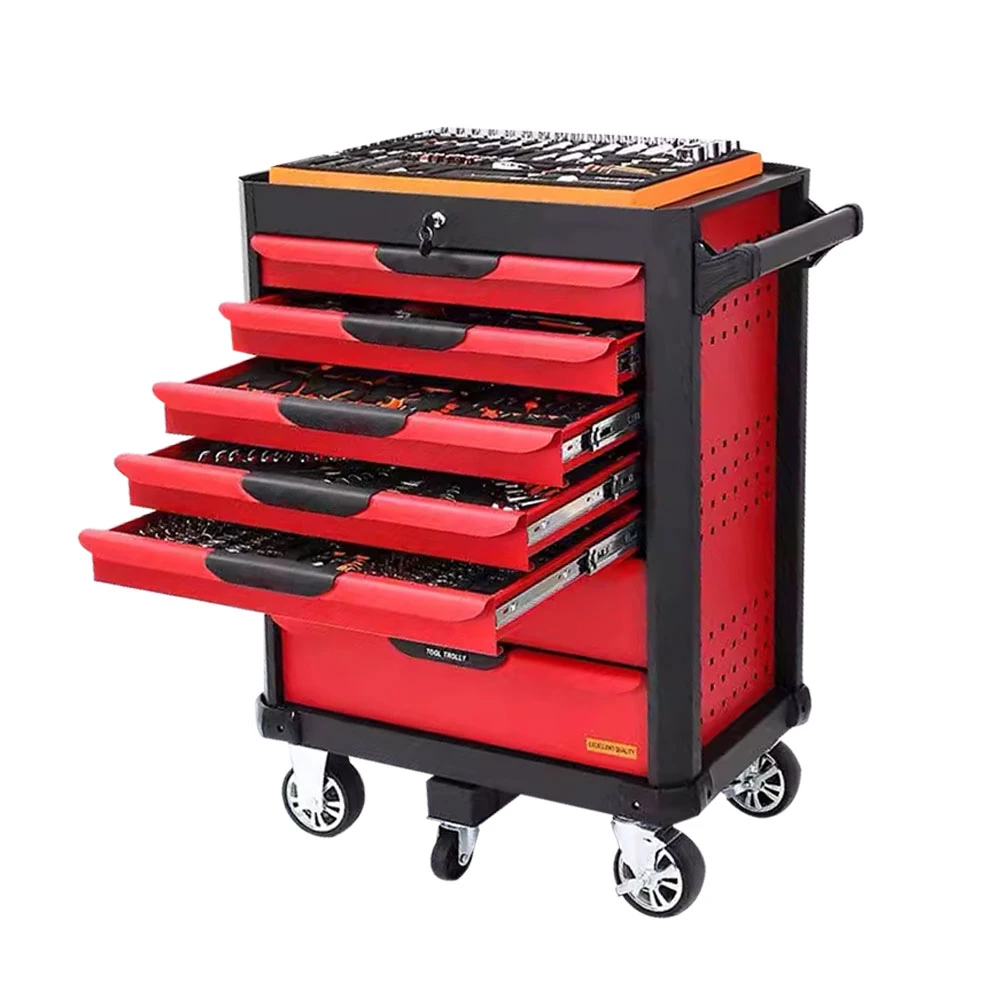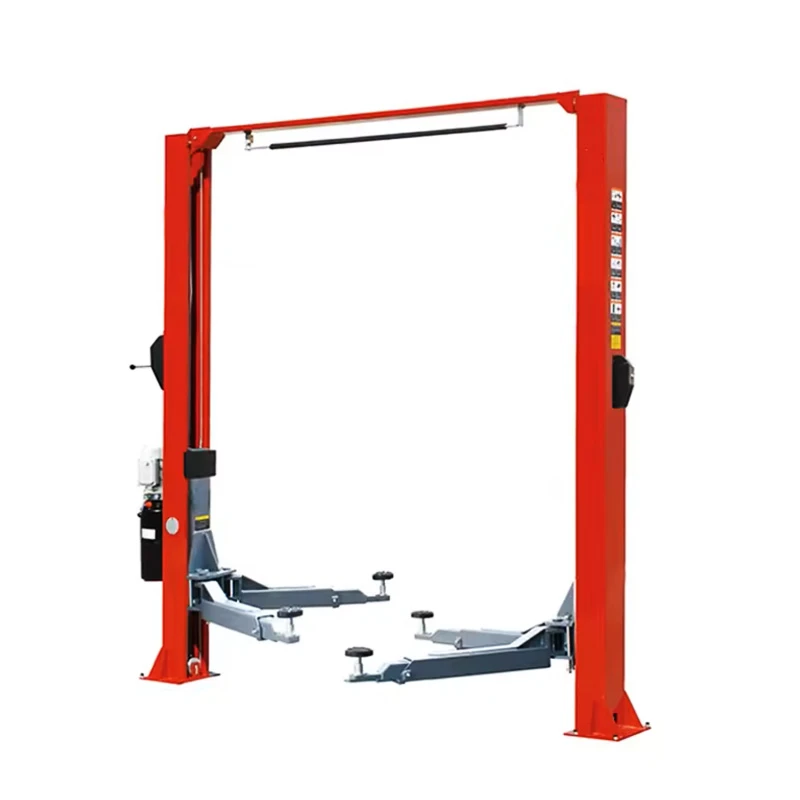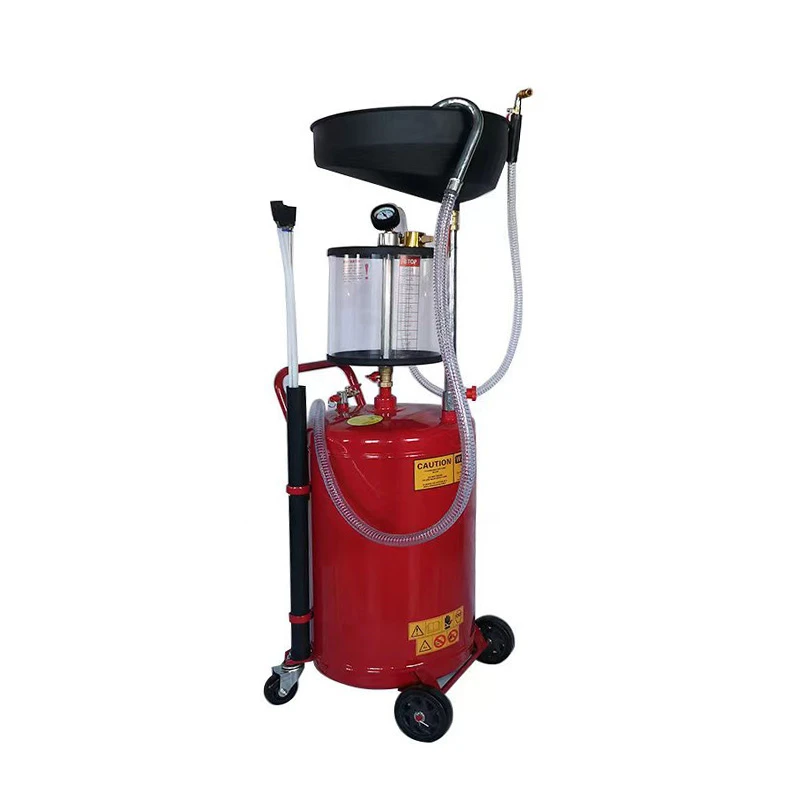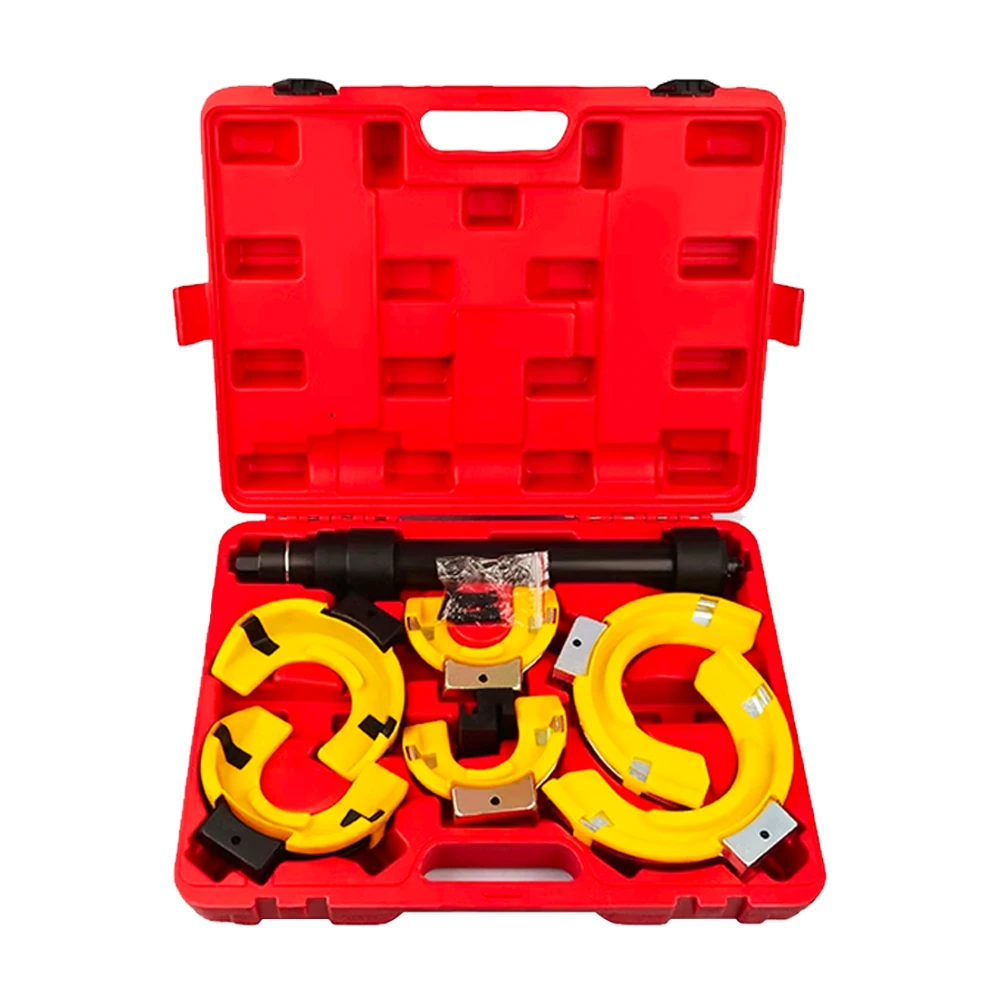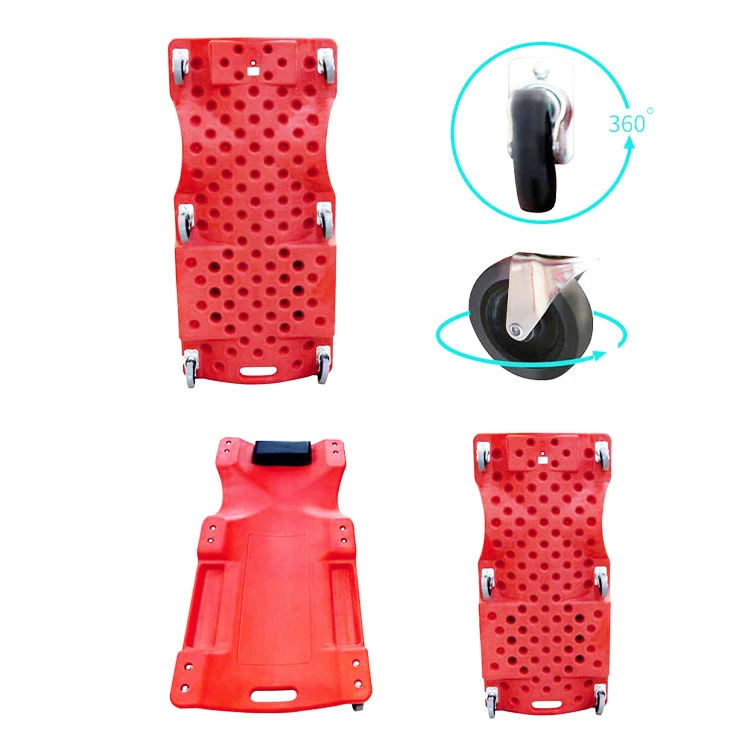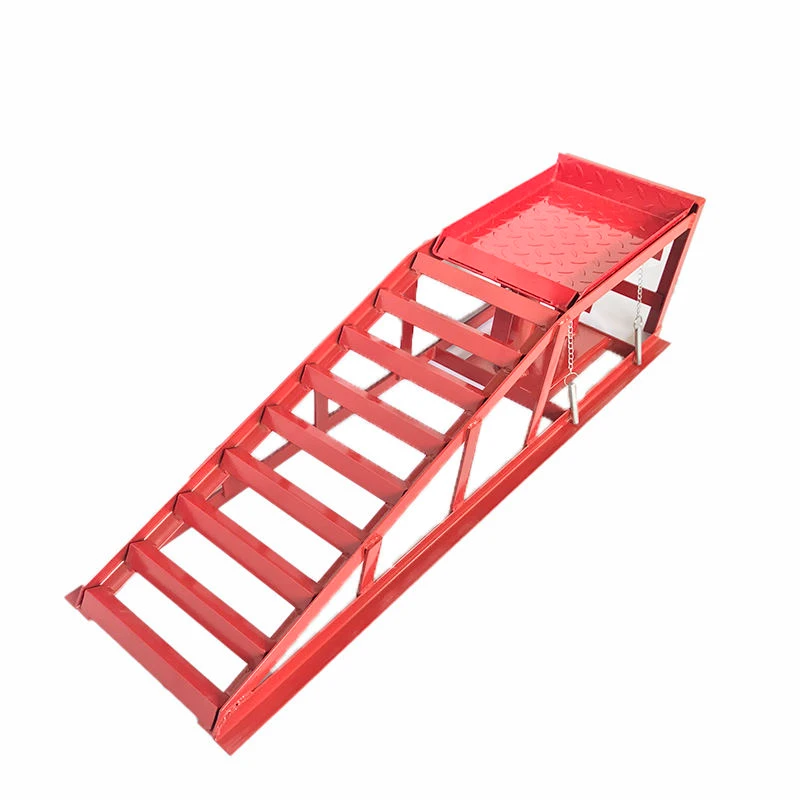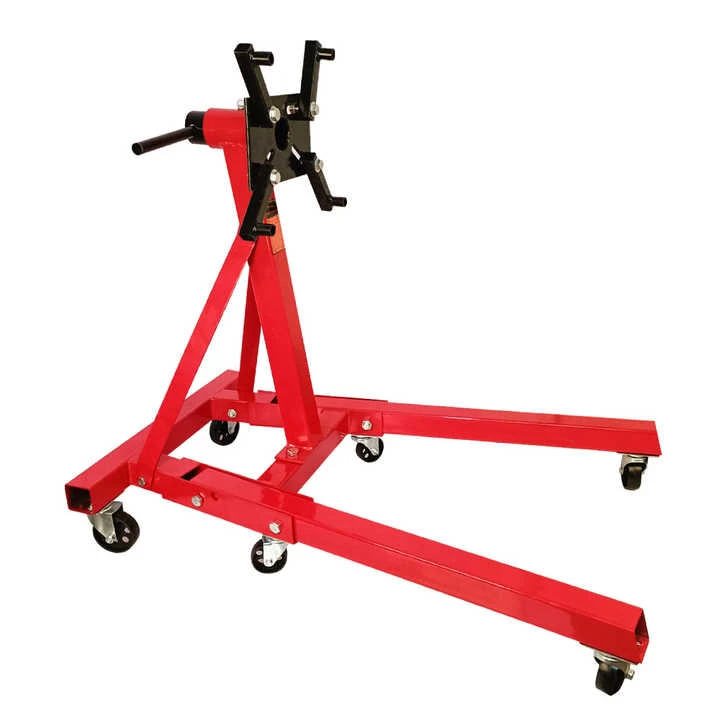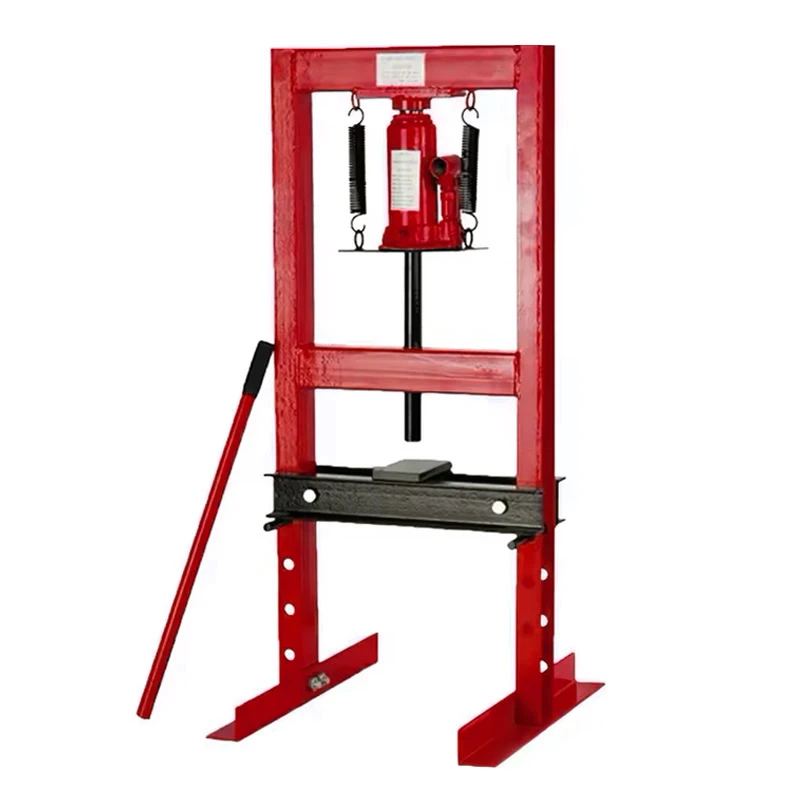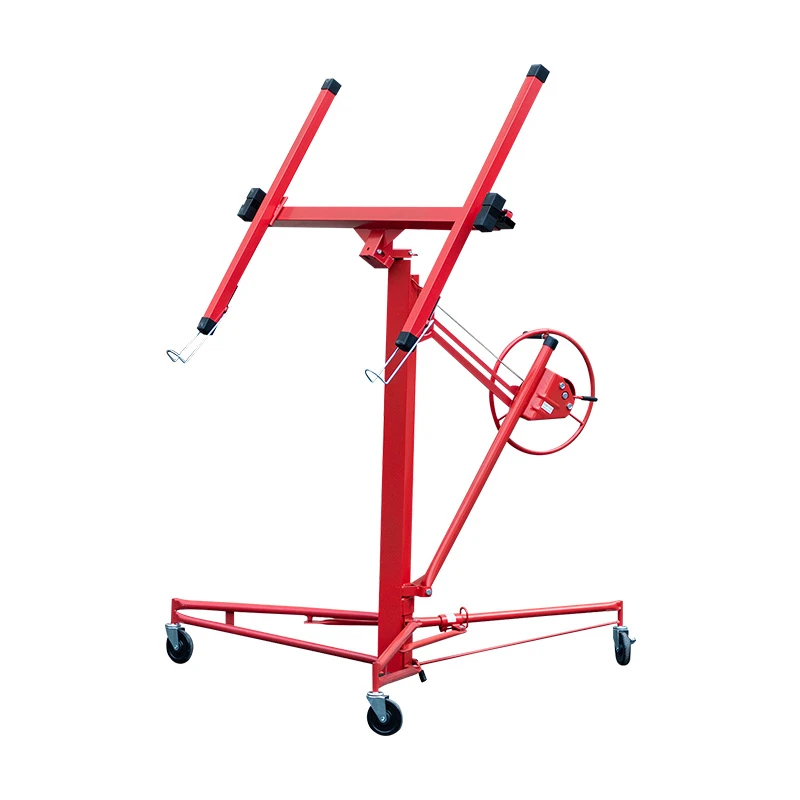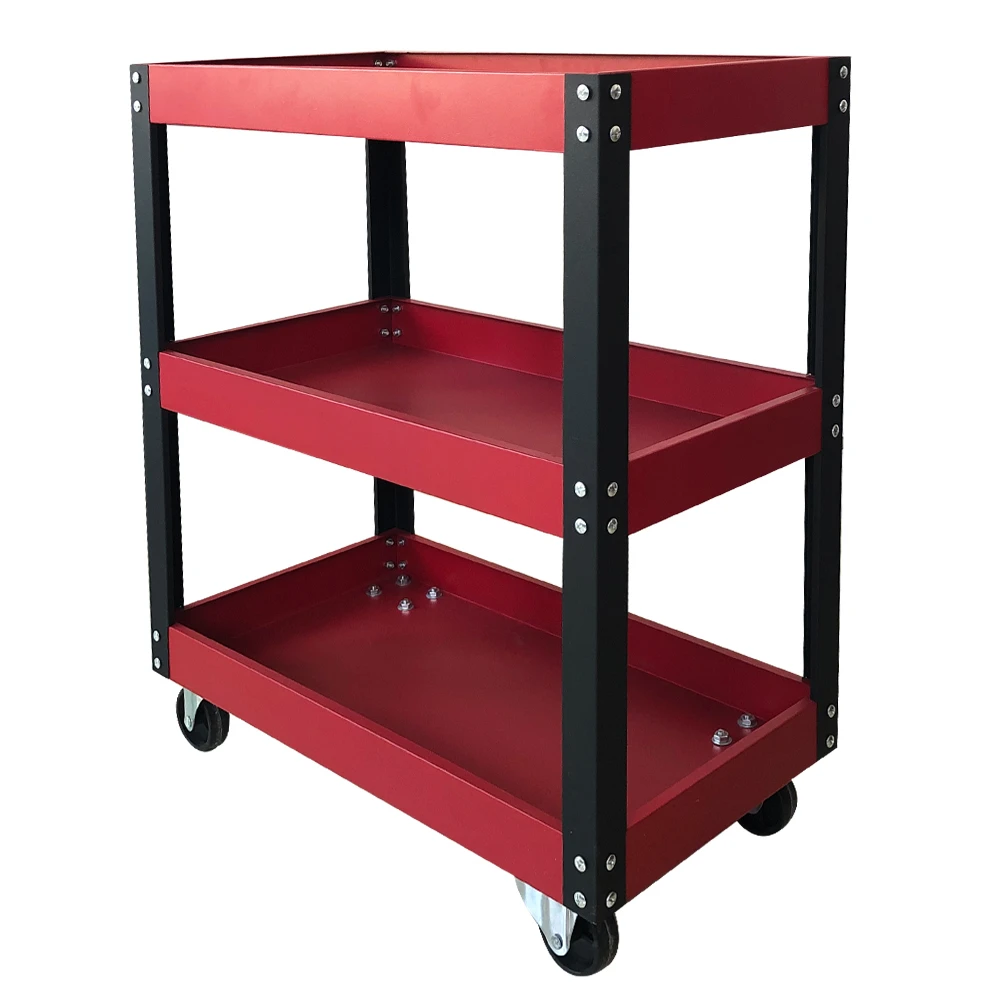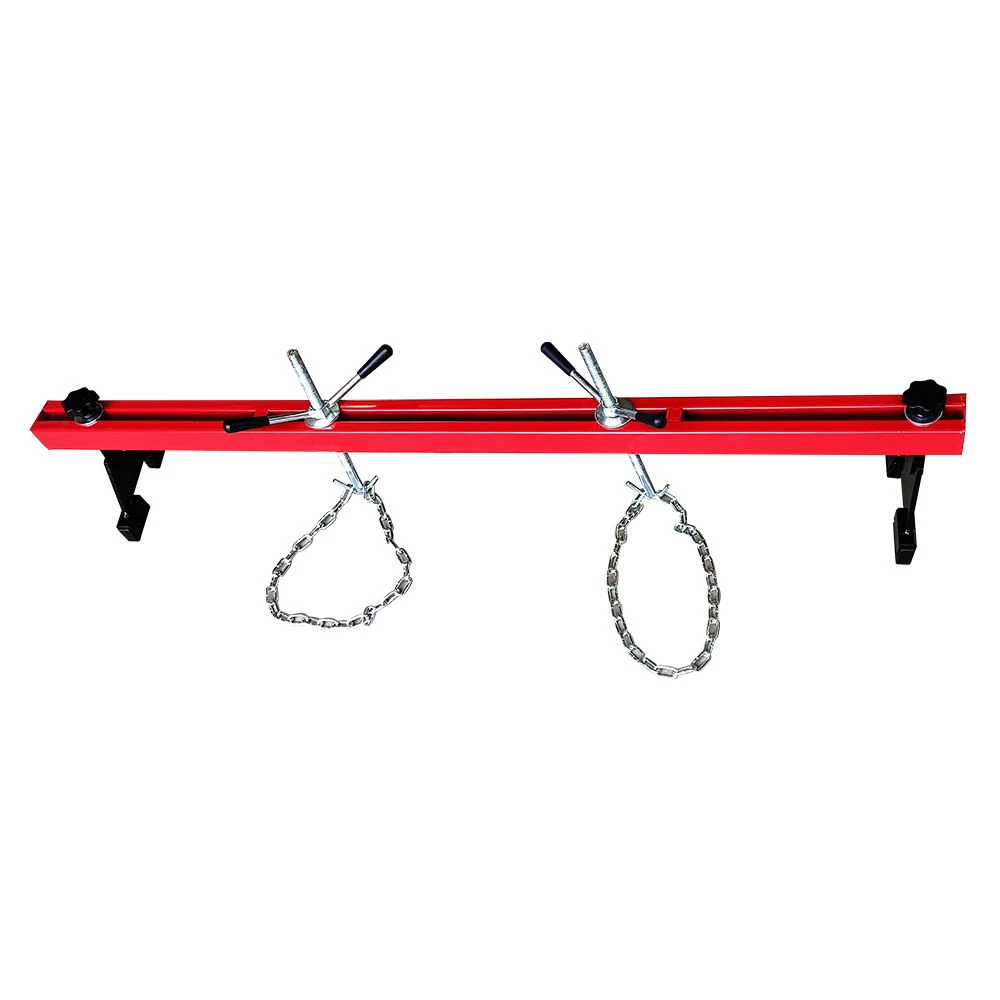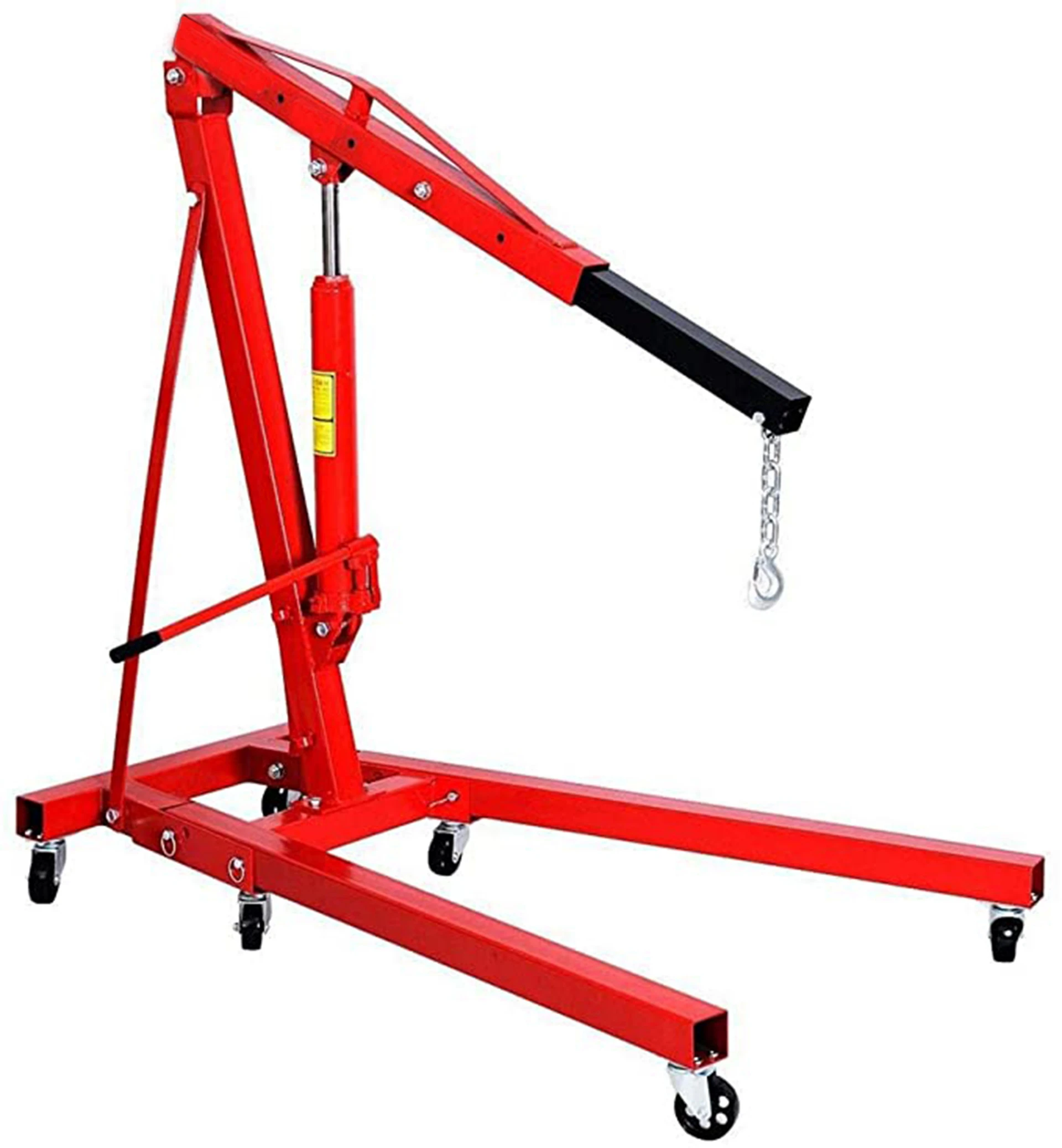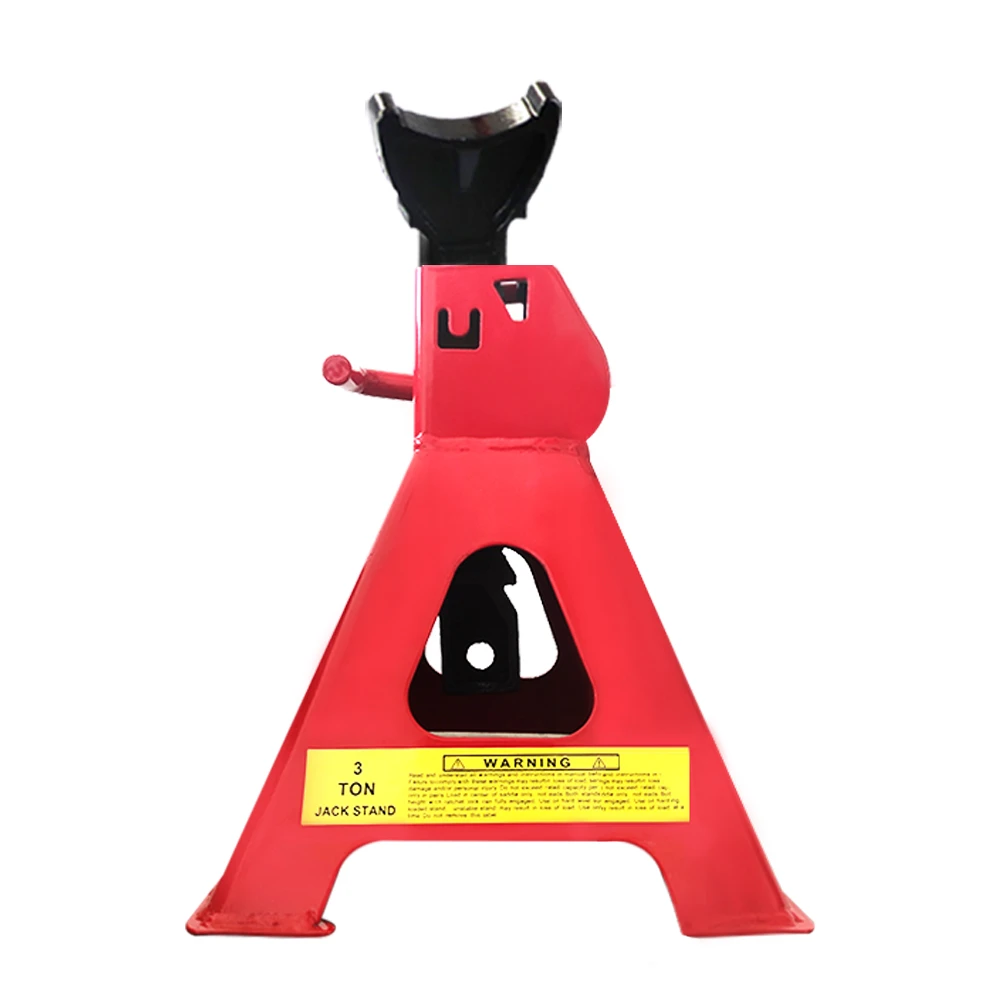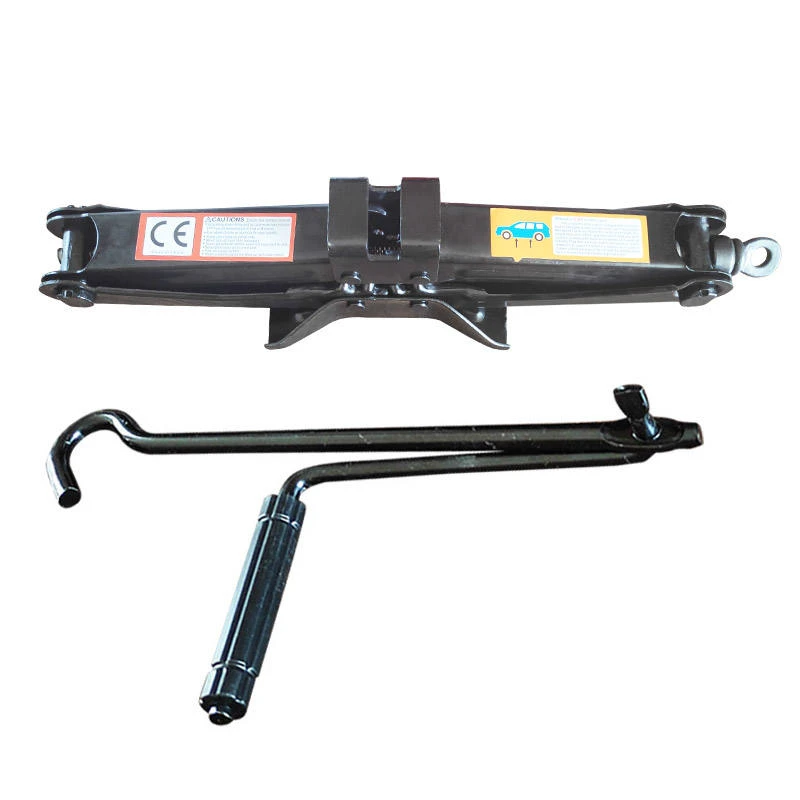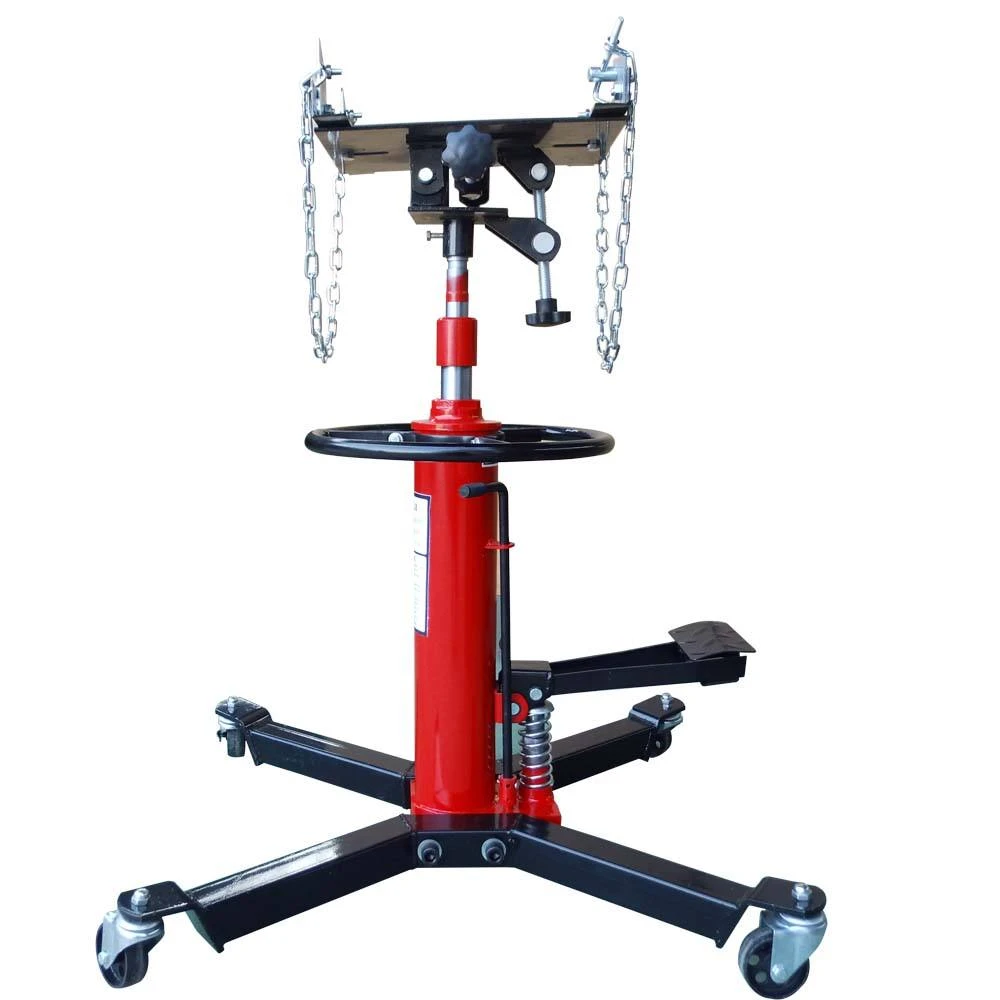Welcome to our online store!
Fév . 03, 2025 02:32
Back To List
automotive scissor jack
Choosing the right material for a scissor car jack can significantly influence its longevity, safety, and functionality. Whether you are a car enthusiast or a professional mechanic, understanding the material composition of a car jack is essential.
The finish of the material is also a critical factor contributing to the jack's overall performance. Powder coatings are often applied to car jacks to enhance their durability. This coating process involves applying a dry powder to the metal surface and then baking it. The baking process allows the powder to adhere well, forming a hard finish that protects against rust and corrosion, further prolonging the jack's life span and maintaining its aesthetic appeal. Additionally, it’s imperative for users to consider jacks featuring stainless steel components for parts such as screws and pins. Stainless steel is renowned for its ability to resist corrosion, which is crucial for maintaining structural stability and safety in various climates and conditions. Its non-reactive quality also makes it an ideal choice for parts that require minimal maintenance over time, providing both safety and convenience to the user. Selecting the right scissor car jack material can drastically affect your maintenance practices. Regular inspection for signs of rust, especially in steel jacks, can prevent sudden failures, ensuring safety during use. Investing in a jack with high-quality materials may require a higher initial spend, but the reduced risk of breakdowns and decreased need for frequent replacements can provide better long-term value. In conclusion, the material composition of a scissor car jack is pivotal in determining its efficiency, durability, and safety. Steel alloys, aluminum, and stainless steel each offer unique benefits suited to different user needs. Making informed decisions based on a jack’s material will undoubtedly enhance your lifting operations, ensuring a reliable and safer automotive experience. For anyone dedicated to automotive work, understanding these material benefits not only supports better purchasing decisions but also fosters a deeper trust in the equipment relied upon for vehicle maintenance tasks.
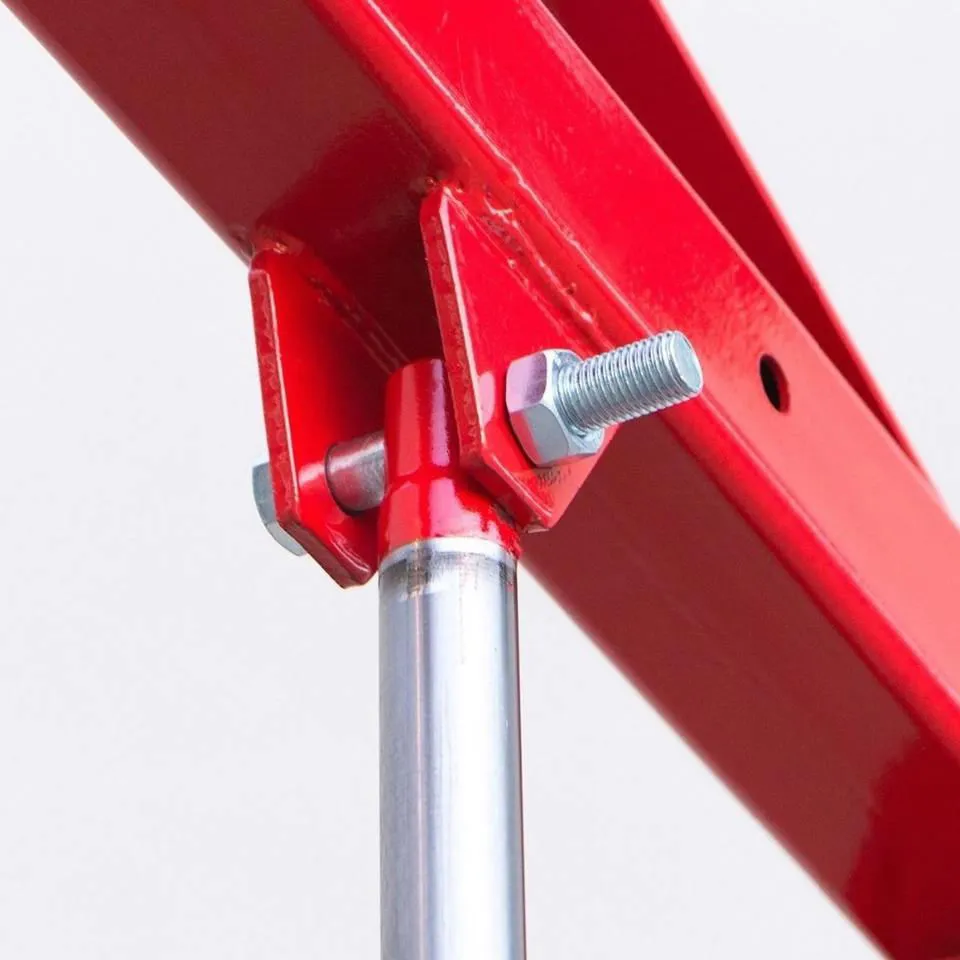
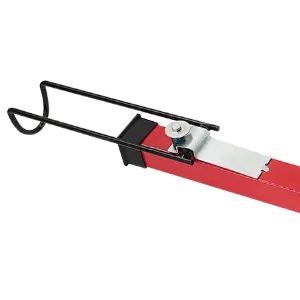
The finish of the material is also a critical factor contributing to the jack's overall performance. Powder coatings are often applied to car jacks to enhance their durability. This coating process involves applying a dry powder to the metal surface and then baking it. The baking process allows the powder to adhere well, forming a hard finish that protects against rust and corrosion, further prolonging the jack's life span and maintaining its aesthetic appeal. Additionally, it’s imperative for users to consider jacks featuring stainless steel components for parts such as screws and pins. Stainless steel is renowned for its ability to resist corrosion, which is crucial for maintaining structural stability and safety in various climates and conditions. Its non-reactive quality also makes it an ideal choice for parts that require minimal maintenance over time, providing both safety and convenience to the user. Selecting the right scissor car jack material can drastically affect your maintenance practices. Regular inspection for signs of rust, especially in steel jacks, can prevent sudden failures, ensuring safety during use. Investing in a jack with high-quality materials may require a higher initial spend, but the reduced risk of breakdowns and decreased need for frequent replacements can provide better long-term value. In conclusion, the material composition of a scissor car jack is pivotal in determining its efficiency, durability, and safety. Steel alloys, aluminum, and stainless steel each offer unique benefits suited to different user needs. Making informed decisions based on a jack’s material will undoubtedly enhance your lifting operations, ensuring a reliable and safer automotive experience. For anyone dedicated to automotive work, understanding these material benefits not only supports better purchasing decisions but also fosters a deeper trust in the equipment relied upon for vehicle maintenance tasks.
Prev:
Next:
Products categories
Latest News
-
Unraveling the World of Car Jack Economics and Acquisition
NewsJun.24,2025 -
Unraveling the Essentials of Car Jacks and Their Operations
NewsJun.24,2025 -
Unraveling the Capabilities of 10 - Ton Porta Power Equipment
NewsJun.24,2025 -
Unraveling Issues and Solutions in Car Jack Systems
NewsJun.24,2025 -
Unleashing the Potential of 10 - Ton Hydraulic Equipment
NewsJun.24,2025 -
Power and Precision in Heavy - Duty Lifting: 10 Ton Porta Power Solutions
NewsJun.24,2025 -
What Makes Car Shop Jacks and Related Tools Indispensable for Vehicle Maintenance?
NewsJun.12,2025
